This volume seeks to analyse the evolution of Muslim nationalism from 1877 to 1937. This exercise has resulted in highlighting certain trends which have been so far either ignored or underplayed, at any rate in India. It, for instance, shows that the two nation theory was as old as the movement for Muslim awakening and solidarity and almost all its leaders firmly believed in it. Similarly the idea of Pakistan, instead of being born in 1933 with Rehmat Ali’s forceful espousal of it, is shown to be steadily circulating, particularly in the Punjab, since mid-1920s. Again, contrary to what has been generally imagined so far, Jinnah as well as Iqbal had become converts to that idea, as early as June 1937, before even the beginning of any serious talk for the installation of a so-called coalition government in U.P., and not after its failure. On the other hand, the volume also reveals the strength of the growing sentiment of Hindu nationalism in 1920s, particularly in the Punjab and Bengal. The situation created by the juxtaposition of the two nationalisms is underlined by Lala Lajpat Rai’s declaration in 1924 that in view of the general Muslim attitude a divided India might provide the only solution to the communal problem. Equally significant was Gandhi’s repeated assertion in 1924-5 that he saw no solution of that problem except through prayer.
The Making of India’s Foreign Policy: The Indian National Congress and World Affairs, 1885-1947
Indias Foreign policy has a ...
$38.70
$43.00

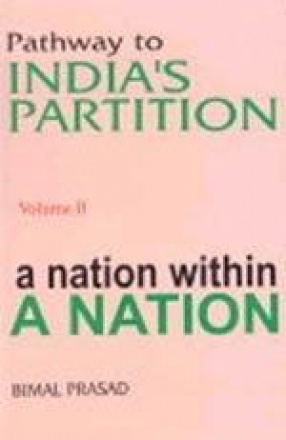
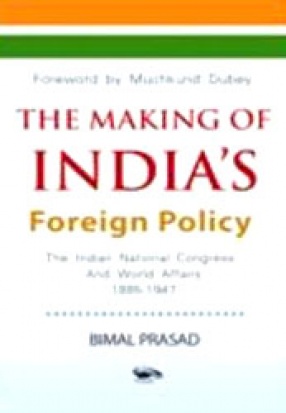
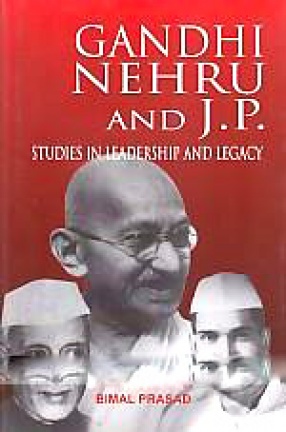

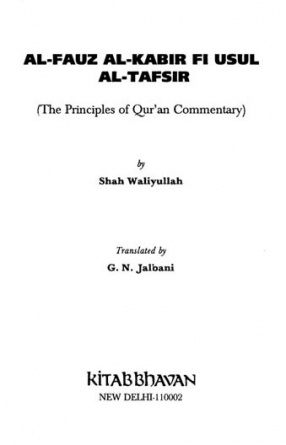
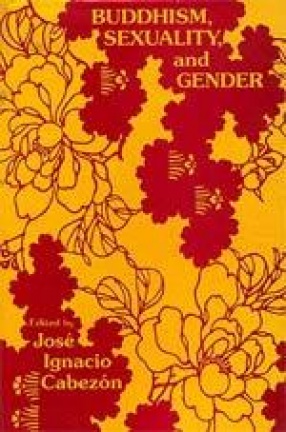
There are no reviews yet.